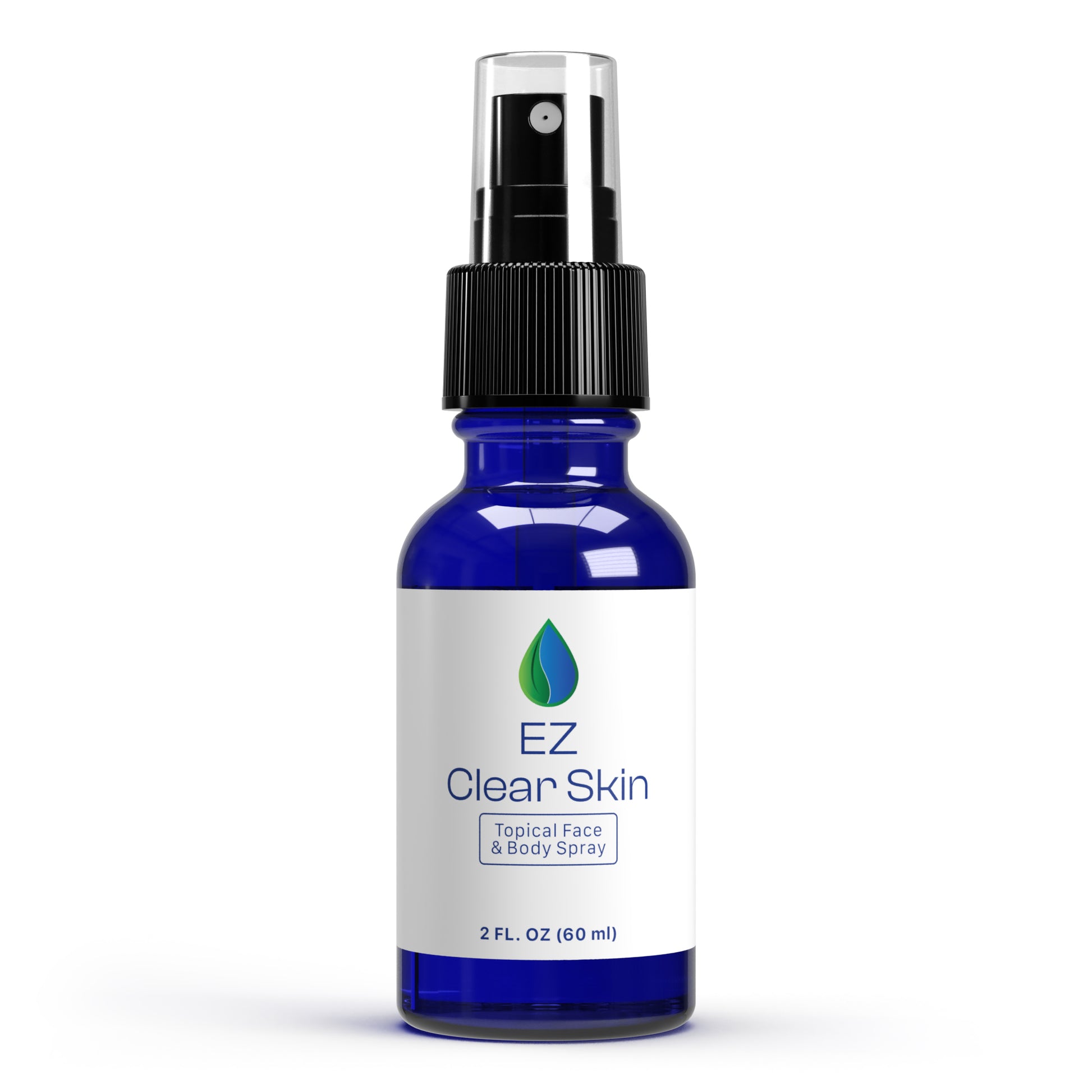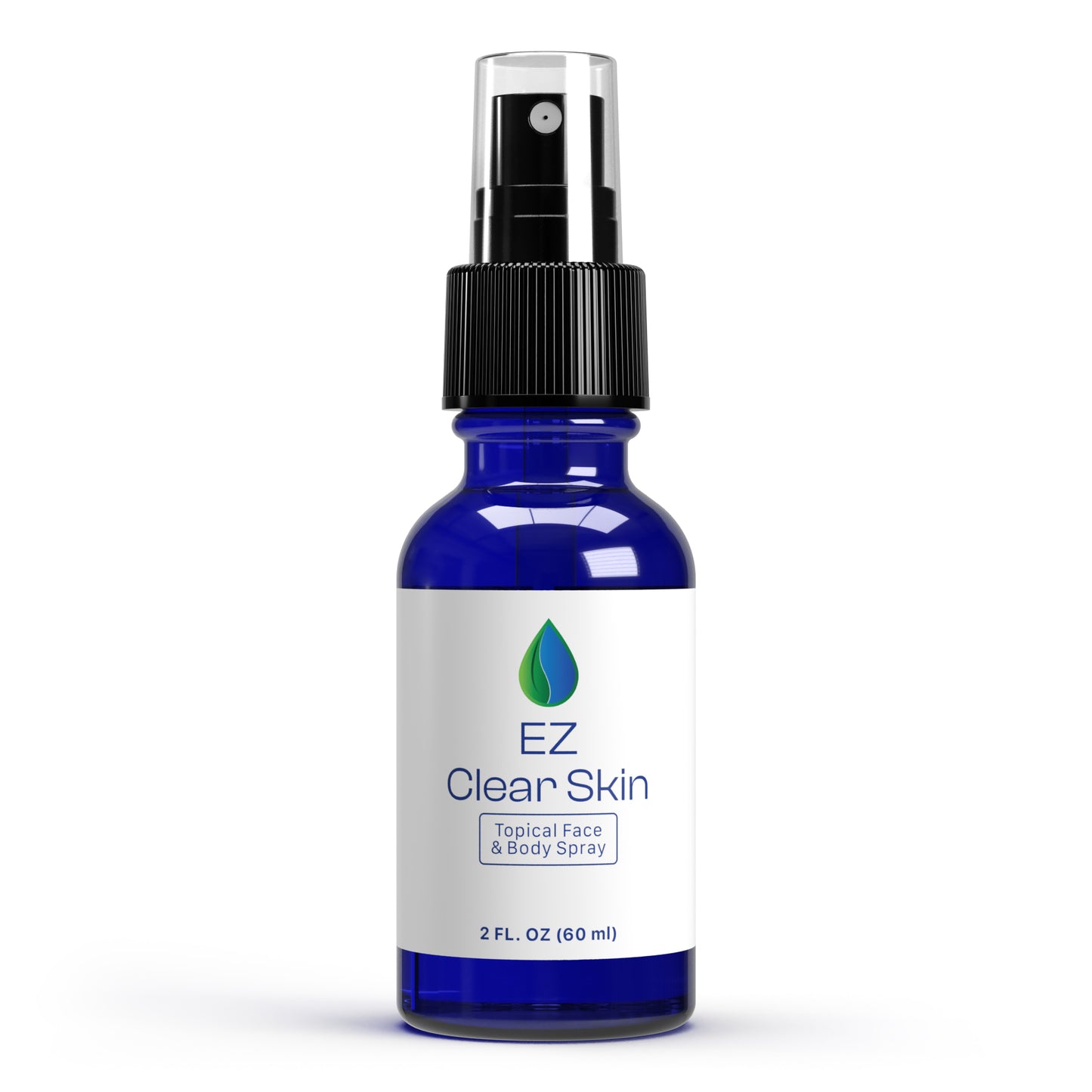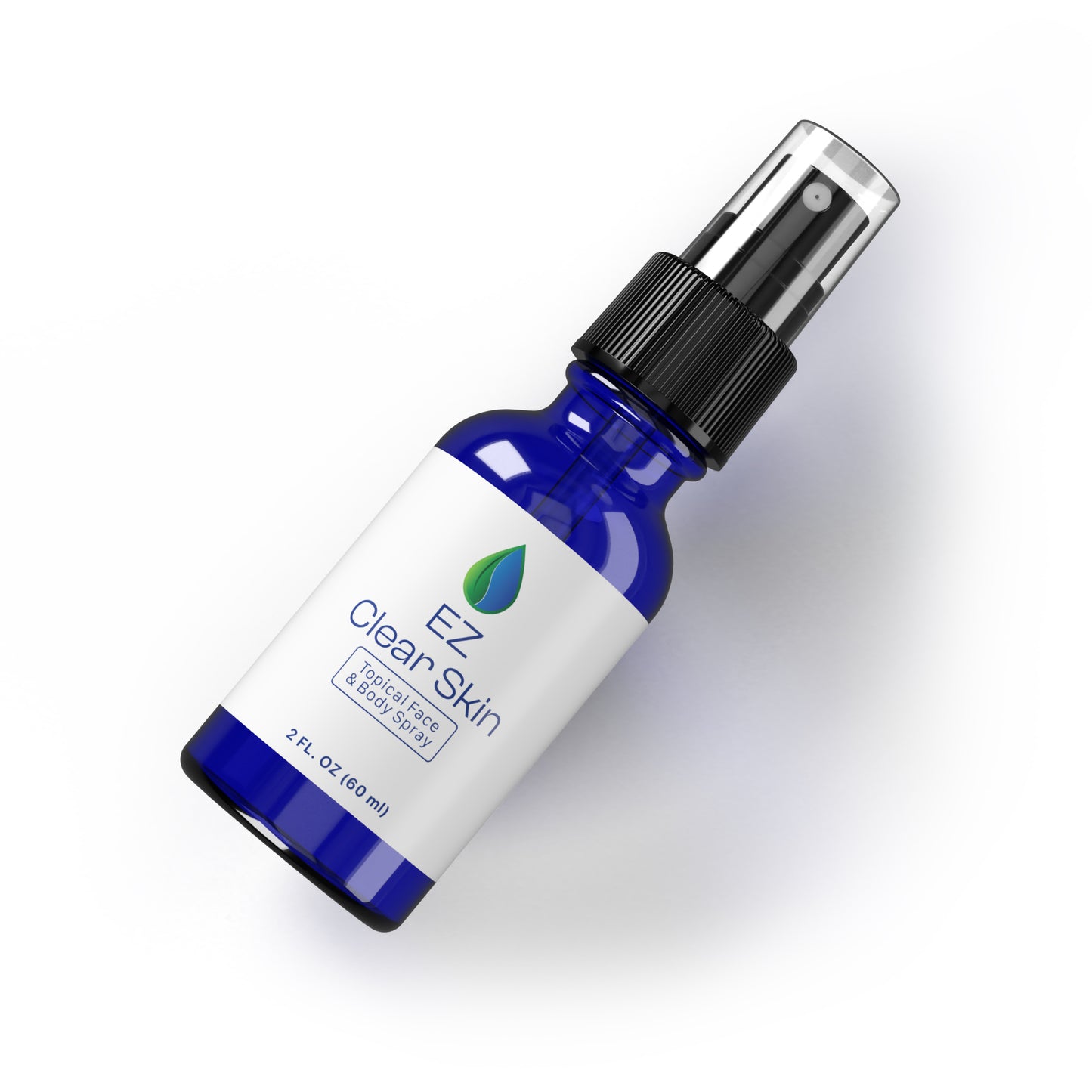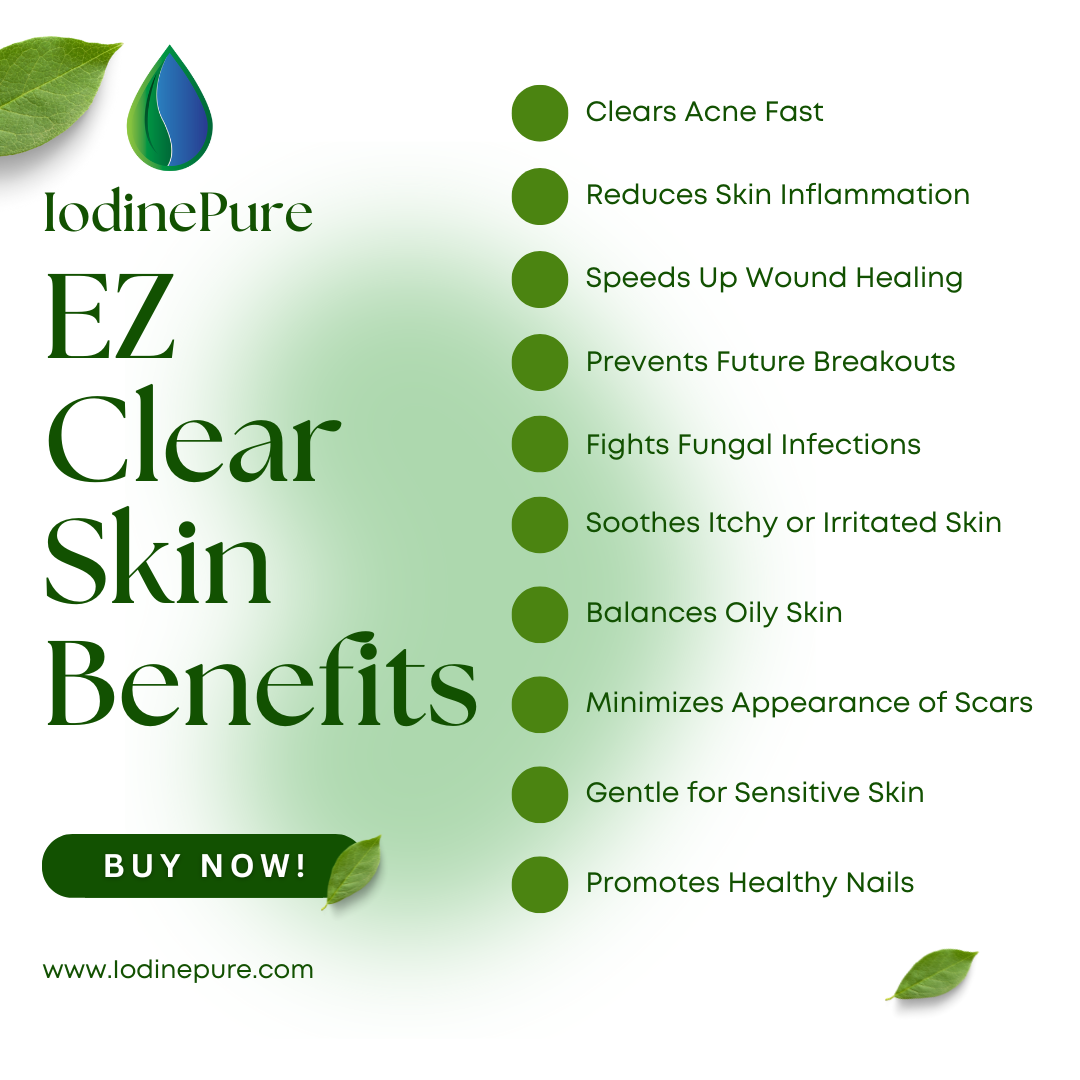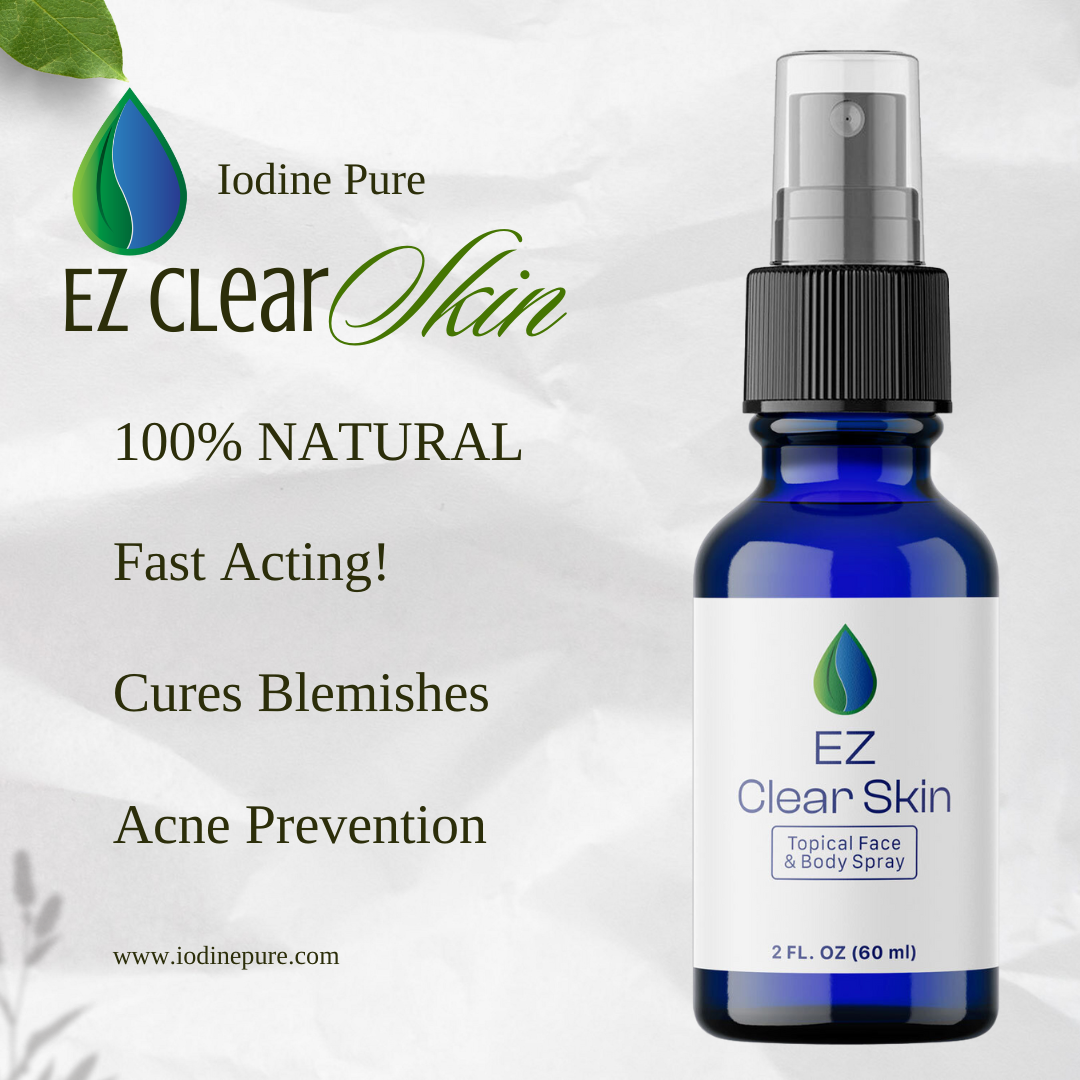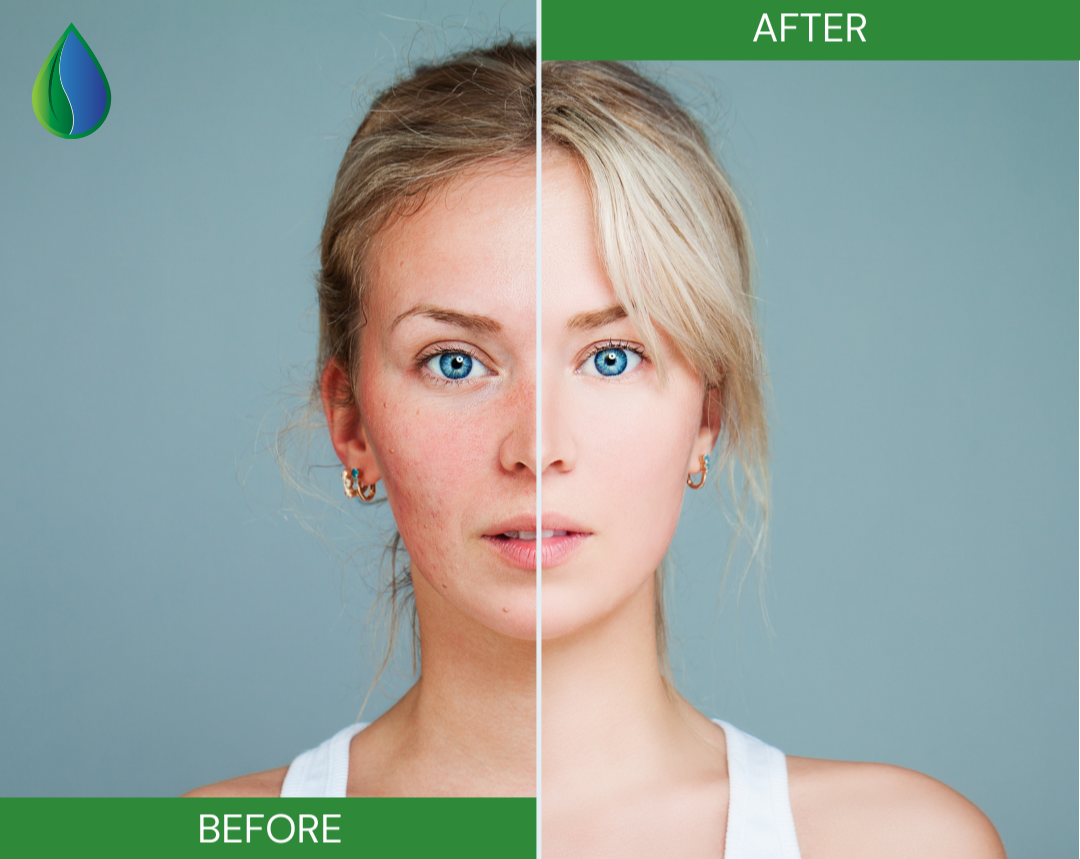All these two years we have faced various lockdowns and restrictions because of the ongoing corona pandemic. As the situation shows no sign of improvement, measures to prevent the disease spread are gaining traction.
Among many strategies in use, Povidone-iodine (PVP-I) is gaining popularity as an oral and nasal antiseptic. In this blog let us focus on the available literature regarding the safe and possibly effective use of PVP-I for nasal and oral application.
Oral hygiene is especially important in the prevention of complications related to chronic obstructive pulmonary disease both due to its presence and potential vicinity to respiratory diseases.
Introduction

The COVID-19 pandemic has shed light on the purposeful value of oral care and hygiene in the reduction of respiratory viruses.
In studies pertaining to oral hygiene such as using Povidone iodine as mouthwash, observations of the PVP- I clinical performance indicates that it has a beneficial effect over the SARS-CoV-2 affected mucosa. This work outlines the application of PVP-I including pharmacokinetics and its influence on the upper respiratory system concerning the SARS-CoV-2 virus.
In doing so, we intend to provide an insight about usage of PVP-I as an efficient prophylactic used in the ongoing pandemic.
What is Povidone-Iodine?
Povidone iodine is simply a polymer iodine complex that is often referred to as PVP. As antiseptic povidone iodine is very popular as a topical skin disinfectant especially before and after surgeries. Povidone iodine efficiently eliminates infectious pathogens through the release of iodine which harms both internal structures and the membrane of a microorganism.
Because of its extensive antimicrobial properties, povidone iodine exhibits quick virucidal effect on SARS CoV 2, which is the causative agent of coronavirus disease. Other studies have also examined the effect of povidone-iodine in tissues of oral mucosa of rat emphasizing on its effect on tissue structure and cell viability.
Pharmacology and Antiviral Actions of Povidone Iodine
Povidone iodine (PVP-I) is a composition consisting of iodine and polyvinylpyrrolidone or PVP, which is characterized by the ability to dissolve in water. PVP will also show a broad antimicrobial activity which is water-soluble.
Studies have shown that these formulations are active not only against bacteria, but also against viruses and fungi. This combination has a high content of free iodine (I2), which is effective against most pathogens.
There is enough supportive evidence that equally stresses the importance of PVP-I in the fight against COVID 19. PVP-I has been identified in cell culture studies as an agent that blocks the replication of the SARS-CoV-2 virus.
As such, this inhibition is essential since viral load will have been reduced, hence minimizing the chances of transmission. More specifically, the use of PVP-I as a mouthwash has been advocated as a way of reducing the oral cavity viral load, thus helping to fight COVID-19.
Mechanism of Action and Efficacy

Medical practitioners know the broad-spectrum antiseptic povidone-iodine (PVP-I) well and easily and usually carry it in their arsenal. The reason for its overall effectiveness lies in the presence of free iodine, which can effectively kill various organisms like bacteria, viruses, and fungi. Such a mechanism eliminates the inner mechanisms and membranes of these microorganisms and causes them to die very quickly inactivation.
Within the frame of the COVID-19 pandemic, PVP-I has been believed to have effective action towards the SARS-CoV-2 virus that causes COVID-19. In vitro (in a laboratory setting) and in vivo studies (in a living organism) have shown that PVP-I in the appropriate dose reduces the virus titer so that virus replication and subsequent infection can be spread.
That is why PVP-I is an important weapon in battling COVID-19 as it serves as a very effective method to reduce the transmission of the virus across different sites in the world even till today.
Safety of Povidone-Iodine Nasal and Oral Use

Studies have been conducted on the use of PVP-i in the oral and nasal cavities. Povidone iodine gargle is a well-tolerated antiseptic for oral cavity treatments, demonstrating safety and efficacy in reducing viral load within the oral cavities without causing mucosal irritation.
These studies show that it is secure for nasal use at maximum concentrations of 1.25% and for periods of five months with no serious side effects seen. Likewise, concentrations of up to 2.5% for as long as 6 months are well tolerated in the mouth in terms of safety and do not infringe damage or irritations on the mucosal tissues.
An area of concern that comes with PVP-I use is its effect on thyroid function, given that iodine is very essential for the thyroid hormones. However, these studies show that in patients with normal kidney function even the long-term use of PVP-I has no remarkable impact upon thyroid function. PVP-I is said to be safe for nasal and oral use because there is very low risk of allergic and contact sensitivity in patients who are treated repeatedly.
Efficacy of Povidone-Iodine Against SARS-CoV-2
Randomized clinical trials have reported on the efficacy of PVP-I on different forms of viruses including coronaviruses. PVP-I is reported to rapidly kill coronaviruses such as SARS-CoV and MERS-CoV in contact with its surface within seconds. The lowest concentration was shown to be 0.23%, where more than 99.99% of viral activity was lost when the virus was left for 15 seconds to contact the surface PVP-I ruthenium.
The binding affinities structure of SARS-CoV and SARS-CoV-2 leads to high confidence that PVP-I will also be efficacious against the strain of the novel coronavirus. While further studies investigating the effect of SARS-CoV-2 on PVP-I are required, available evidence from other viruses presents a supporting case. Povidone iodine mouthwash is effective in reducing viral load, with studies showing its antiviral properties against SARS-CoV-2 and other coronaviruses. Additionally, povidone iodine nasal antiseptic has been shown to reduce viral loads, particularly in the context of COVID-19. These antiseptic agents can significantly reduce nasopharyngeal viral load, as evidenced by various clinical trials.
Clinical Use of Povidone-Iodine

It has been established that the clinical utility of PVP-I is not restricted to its conventional application as a skin disinfectant. For purposes of oral thrush and other mouth sores including COVID-19, PVP-I has also been used as a mouthwash and gargling agent in order to reduce chances of infection. There has been a study conducted on its use as a nasal spray for the purpose of reducing the viral load of most viruses in the nasal passages.
The ADA has endorsed the use of PVP-I as a pre-procedural mouthwash to reduce potential transmission of SARS-CoV-2 during dental practice. This recommendation emphasizes the role of PVP-I, which protects both healthcare professionals and patients in high-risk areas. If PVP-I was included in standard practices, the burden of respiratory infections will be lowered substantially thus making the public health safer.
Practical Applications of Povidone-Iodine Mouthwash During COVID-19

PVP-I mouthwash has been suggested for use in various parts of the world to mitigate the transfer of SARS-CoV-2 virus. Numerous Ear Nose Throat (ENT) symptoms management must also be performed during such viral epidemics, including COVID-19.
For instance, there are guidelines in Britain for preoperative Use of PVP-I Nasal Irrigation that prescribes the usage of a 0.5% PVP-I solution for Oral and Nasal decontamination of patients and HCWs before AGPs. In the USA, similar preventive measures in the PCT for healthcare providers as in high-risk settings make use of PVP-I in order to reduce the viral load.
Because of its efficiency in killing viruses and its safety to the person applying it, PVP-I is an effective choice in clinical settings to limit the spread of the SARS-CoV-2 virus. Povidone iodine throat spray can be relied on as an antiviral treatment over the prophylactic area whose aim is to lower possible transmission of SARS-CoV-2.
These precautions should be emphasized in order to avoid aspiration because there have been several reports of PVP-I causing aspiration pneumonia during perioperative use.
Comparison with Other Oral Antiseptic Preparations
PVP-I: An Effective Treatment Against SARS-CoV-2 The most left out of all the preparations is the PVP-I oral antiseptic which came out at the top since SARS-CoV-2 is the virus responsible for causing the entire pandemic of Covid-19. As compared with other PVP-I treatments, it has stood out and studies have proven that it is more effective in minimizing the viral load of SARS-CoV-2 in the poetical cavity.
Hydrogen peroxide has its benefits but it lacks the speed and full range coverage in virucidal activity offered by the PVP-I solution. Another antiseptic that is commonly used in household chores is chlorhexidine but allows for a higher risk of having respiratory infections in comparison to PVP-I. This makes it easy to prefer PVP-I during the Covid 19 era because of the advantages associated with it.
Using the anti microbial strength of PVP-I will allow health care providers to step up and take infection control measures against the spread of SARS-CoV-2 and other respiratory related diseases.
Conclusion
Povidone-iodine, used as a disinfectant for the mouth and nose, is both efficient and low-risk, and has a good ability to inactivate nearly all coronaviruses and is safe for oral and nasal schizophrenia including SARS-CoV-2.
PVP-I should be used as a first-line measure for the decontamination of surfaces with a high risk of COVID-19 in conjunction with other measures. In the meantime, further and randomized clinical studies will clarify its role in the control of COVID-19 or a range of upper respiratory viruses in the future.
References
- Rackur H. New aspects of mechanism of action of povidone-iodine. J Hosp Infect. 1985;6:13–23.
- Panchmatia R, Payandeh J, Al-Salman R, et al. The efficacy of diluted topical povidone-iodine rinses in the management of recalcitrant chronic rhinosinusitis: a prospective cohort study. Eur Arch Otorhinolaryngol. 2019;276(12):3373–3381.
- Mullings W, Panchmatia R, Samoy K, et al. Topical povidone-iodine as an adjunctive treatment for recalcitrant chronic rhinosinusitis. Eur J Rhinol Allergy. 2019;2(2):45–50.
- Ader AW, Paul TL, Reinhardt W, et al. Effect of mouth rinsing with two polyvinylpyrrolidone-iodine mixtures on iodine absorption and thyroid function. J Clin Endocrinol Metab. 1988;66(3):632–635.
- Lachapelle JM. Allergic contact dermatitis from povidone-iodine: a re-evaluation study. Contact Dermatitis. 2005;52(1):9–10.
- Eggers M, Koburger-Janssen T, Eickmann M, Zorn J. Rapid and effective virucidal activity of povidone-iodine products against Middle East Respiratory Syndrome Coronavirus (MERS-CoV) and Modified Vaccinia Virus Ankara (MVA). Infect Dis Ther. 2015;4(4):491–501.
- Kariwa H, Fujii N, Takashima I. Inactivation of SARS coronavirus by means of povidone-iodine, physical conditions and chemical reagents. Dermatology. 2006;212(1):119–123.
- Kirk-Bayley J, Combes J, Sunkaraneni V, et al. The use of povidone iodine nasal spray and mouthwash during the current COVID-19 pandemic may reduce cross infection and protect healthcare workers. Papers SSRN.com. 2020. [Online ahead of print].
- Mady L, Kubik M, Baddour K, Snyderman CH, Rowan NR. Consideration of povidone-iodine as a public healthy intervention for COVID-19: utilization as “personal protective equipment” for frontline providers exposed in high-risk head and neck and skull base oncology care. Oral Oncol. 2020;105:104724.
- Hitosugi T, Tsukamoto M, Yokoyama T. Pneumonia due to aspiration of povidone iodine after preoperative disinfection of the oral cavity. Oral Maxillofac Surg. 2019;23(4):507–511.


